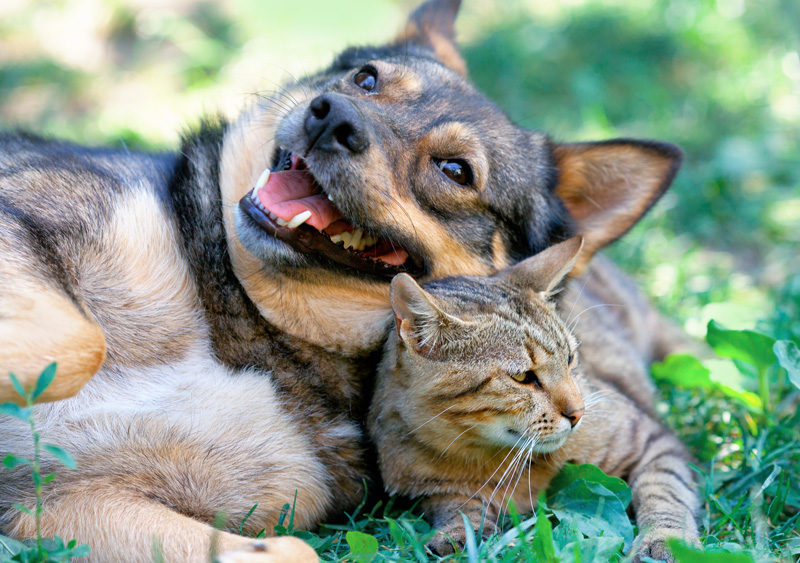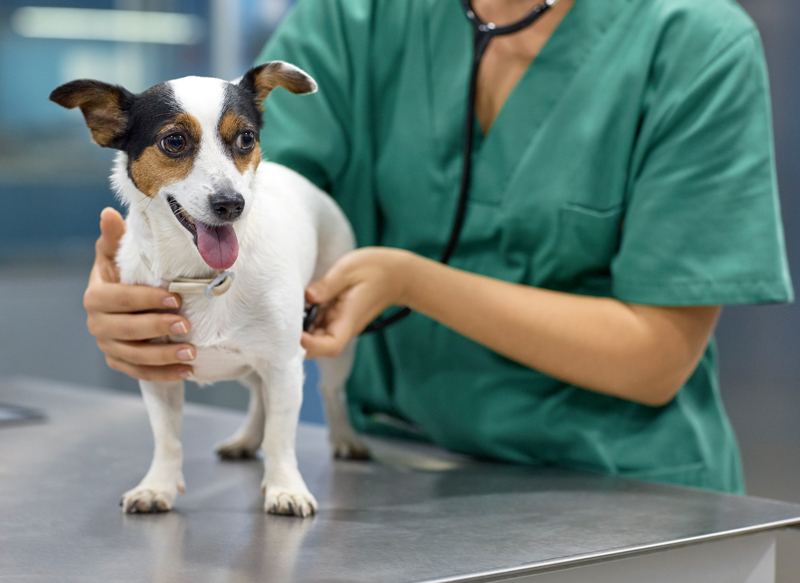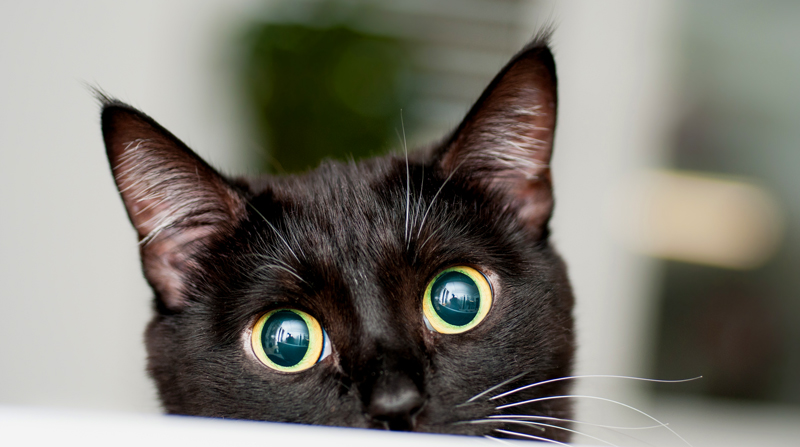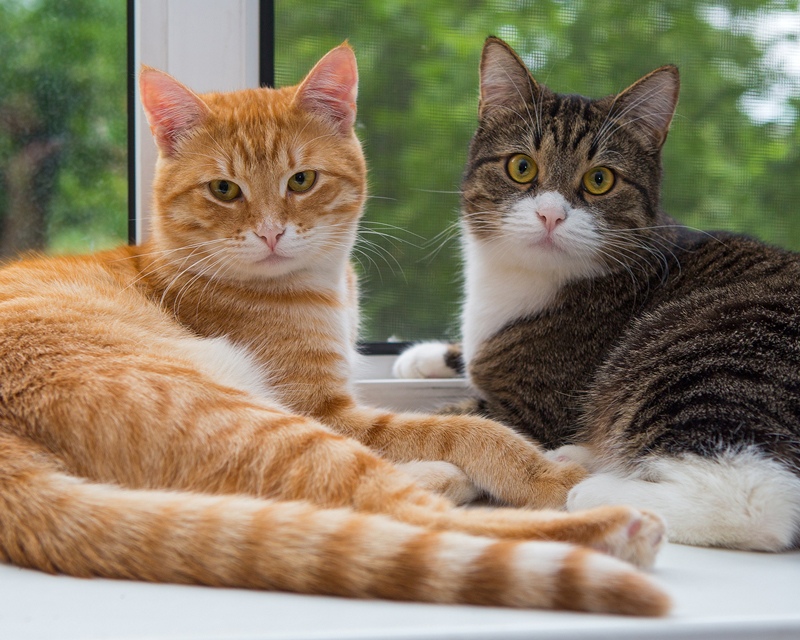Preventative Care
The best care is preventative care
Echuca and Moama Veterinary Clinic are passionate about providing the best care for your pets.
From vaccinating against common, but often deadly diseases, parasite control and annual health checks we partner with you in providing the best day-to-day care for your pet throughout every stage of their life.
Our friendly, professional team of receptionists, nursing staff and vets are always available to answer any questions you may have about your pet’s health and veterinary care.
We stock a range of quality pet care products including premium and vet only pet food which our staff are trained and experienced in prescribing.
Pet Insurance and Vet Pay
Pet Insurance
It is common for some clients to assume that a Medicare rebate is available for pets, but there are unfortunately no subsidies for veterinary care, including both preventative and emergency procedures. The costs associated with providing high quality veterinary care to your beloved pet can be very expensive, particularly in emergency situations, and we find that most people are unprepared! It is for this reason that we strongly recommend that all of our clients consider a pet insurance plan. This covers your responsibility as a loving and caring owner to provide the best treatment for your four-legged companion who is completely dependent upon you for their health and wellbeing.
Ask our Reception team for a PetPlan Pet Insurance brochure or visit www.petplan.com.au
VetPay
We understand how heartbreaking it can be when a beloved pet requires extensive veterinary treatment and the funds are not readily available. In some cases, this can mean owners are forced to make a decision not to treat their animal.
Our payment policy is that ALL visits are paid for at the end of each consultation and surgery. For this reason, we have paired up with a company called “VetPay” to cover the costs of those emergency visits that can unfortunately surprise us all. VetPay is a company that focuses in providing small loans specifically for veterinary treatment. The process of applying with VetPay involves a quick and simple approval process with us at the clinic and a small 10-20% deposit is made (dependent on the price of the procedure). VetPay will then pay for all of your pet’s treatment on the spot, while you make small repayments over time. VetPay is very flexible and will try their hardest to meet your needs, as we understand that each situation is completely different.
For more information on VetPay, or to seek initial approval, please visit www.vetpay.com.au, or give them a call on 1300 657 984.
Annual Health Check
We recommend you bring your pet in every year for a health check. A yearly check means we can monitor your animal to ensure their ongoing well-being and address any changes that may adversely affect their health as early as possible.
The annual check also provides you with the opportunity to have a chat with us about any concerns you may have, as well as a chance to discuss your pet’s diet, exercise, and parasite prevention.
Combining your pet’s vaccinations with an Annual health check is a great way to ensure your pet stays fit and healthy and is protected against contagious diseases.
Annual Health Checks help keep our pets healthy
We all know the old saying prevention is better than a cure … and we all know its true! We have regular check-ups and high five ourselves when we come out with a clean bill of health, and if not we take our medicine to get back on track and in-shape. The older we get the more often we slip in for a check-up. Think about your furry friends just for one minute. Our animals age far more quickly than we do – an annual vet visit for your dog is the equivalent of you seeing your doctor every seven years! Kind of puts it in perspective when you think about it.
The most common reason given by owners for not taking their pets for an annual health check is time and for vaccinations … simply forgetting when they are due!
Vaccinating Your Pet
Dogs
We currently use a C5 vaccine – this protects against five common or dangerous diseases that are easily spread between animals:
- Distemper – this disease can severely impact multiple body systems, and has a high fatality rate. It is no longer common due to several decades of vaccinating, however ongoing vaccination is required to prevent this disease from taking hold again.
- Hepatitis – caused by a virus, this disease results in chronic and irreversible liver damage.
- Parvovirus – this is a highly resistant virus that causes severe vomiting and diarrhoea, and has caused numerous recent outbreaks in Australia. It requires prolonged and intensive medical therapy, and can be fatal in young animals.
- Canine cough – Often called Kennel Cough, this disease is rarely fatal, but can cause severe pneumonia. Our vaccine protects against the two most common forms, Bordatella bronchiseptica(bacteria) and Canine Parainfluenza (virus).
Vaccinating Puppies
Puppies gain some protection from their mother’s milk (as long as the mother has immunity) but this protection gradually declines around 6-8 weeks of age and we need to commence a vaccination program.
- 1st Vaccination: 6–8 weeks C3 vaccination
- 2nd Vaccination: 10–12 weeks C5 vaccination
- 3rd Vaccination: 12–14 weeks C5 vaccination
Vaccinating Adult Dogs
Adult dogs require their 1st booster vaccination 12 months following their puppy course, which is usually around 15 months of age.
- Annual C5 Vaccination
Vaccinating Kittens
F3 Vaccination
- 1st Vaccination: 8–10 weeks
- 2nd Vaccination: Minimum 12 weeks (or 4 weeks after 1st)
FIV Vaccination
- 1st Vaccination: 8–10 weeks
- 2nd Vaccination: 10–12 weeks
- 3rd Vaccination: 14–16 weeks
Vaccinating Cats 6 months plus
Vaccinating Cats – 6 months of age
- F3 Vaccination – two vaccinations 4 weeks apart.
FIV Vaccination
- Will need a blood test to make sure the cat is negative for FIV, then three vaccinations given at 2-4 week intervals.
Annual Vaccination
- Both F3 and FIV vaccinations require annual boosters.
Cats
We have different levels of vaccinations for our feline friends. Our base vaccination is the F4. This covers for:
- Panleukopaenia – the cat equivalent of canine parvovirus.
- Herpesvirus – this causes significant disease of the upper airways and inflammation of the eyes. Cats become lifelong carriers, and stress can cause the disease to flare up and make your cat sick again. While the flare-ups can be treated, there is no cure.
- Calicivirus – This also causes upper respiratory tract disease, and affected cats often develop severe ulcers in their mouth. As with herpesvirus, cats become lifelong carriers and the disease can flare up when stressed. While the flare-ups can be treated, there is no cure.
- Chlamydiosis – This bacteria causes severe conjunctivitis and may also cause a respiratory tract infection. While it can be treated, it is debilitating, and has the potential to be fatal in young kittens.
In addition to these four core vaccines, we also offer vaccination against Feline Leukaemia Virus (FeLV) and Feline Immunodeficiency Virus (FIV).
- FeLV – can severely impact a number of different body systems, and infected cats are at high risk of developing cancer. It significantly shortens lifespan.
- FIV – most commonly causes suppression of the immune system, making cats more prone to developing other diseases and making it harder to recover. Also significantly shortens lifespan. (Further information about FIV on then left).
The most common route of infection for both of these diseases is through saliva, and thus is a particularly high risk for cats that get into fights. If your cat goes outdoors, we strongly recommend they be vaccinated against these two diseases.
Because of the potentially severe nature of these two diseases, any cat older than 6 months with an unknown FeLV/FIV history will require a blood test beforehand to confirm that they do not already have these diseases. Vaccinating for these diseases in a cat that is already positive can result in your pet becoming extremely sick. This test is done in our clinic and only takes 10 minutes to get results.
Feline Immunodeficiency Virus (FIV)
What is FIV?
Feline Immunodeficiency virus (FIV), commonly known as feline aids, is a virus similar to the human immunodeficiency virus (HIV). Once infected, FIV causes a lifelong infection that leads to immune suppression. A FIV infected cat may not show any clinical signs for several years. Due to poor immune function, however, a FIV infected animal is susceptible to a variety of other diseases that may lead to severe illness.
How is FIV spread?
FIV is shed in saliva and, hence, spread by direct bite wounds between cats.
Who is susceptible?
Cats of all ages are susceptible. Aggressive biting behaviour with stray and feral cats poses risk to any free-roaming, outdoor cat. High risk factors include sexually intact, male cats, living outdoors due to their tendency to display territorial fighting behaviour. Multi-cat households or high density habitats also increase the risk of territorial fighting and, hence, spread of FIV.
Public Health Risks?
It should be noted that FIV is host specific to feline species (including the domestic cat, lions, tigers, leopards, panthers etc) and cannot be spread to other species, including humans.
Due to their immunosuppressed state, FIV infected cats are susceptible to a variety of diseases; some of which may pose human threat. Humans who are immunosuppressed must be particularly careful.
Is there a treatment?
There is no cure for FIV; infection with FIV is life-long. Supportive treatment, however, can be offered. Furthermore, treatment may be directed at concurrent disease.
How do I prevent my cat from FIV?
1. Prevent exposure
Stop your cat from roaming freely outdoors. Spay or neuter your cat to reduce free-roaming and fighting behaviour.
2. Vaccination
A killed vaccine is available for prevention against FIV. Cats may be vaccinated from eight weeks of age. Any outdoor, freely roaming cat should be vaccinated to prevent infection with FIV. A full vaccination course should be completed before allowing your cat outdoors. An initial vaccination course requires 3 doses. Thereafter, yearly boosters are required. FIV positive cats cannot be vaccinated. Therefore, cats older than 6 months of age and unvaccinated must be tested for FIV infection before vaccination.
3. FIV blood test
An in-house blood test can be conducted to rule out FIV infection. Cats older than 6 months of age and unvaccinated should be tested for FIV infection. Before introducing a new cat (> 6 months) into the household we recommend testing for FIV infection. If your cat has been exposed to FIV (unvaccinated and freely roaming outdoors), we recommend testing to rule out FIV infection.
Rabbits
Rabbits can be vaccinated against calicivirus, which predominantly attacks the digestive system and can cause severe haemorrhage. It is nearly 100% fatal. Another disease, myxomatosis, causes severe swelling and fever, and starts attacking various body systems. It is usually fatal. Vaccines are not available in Australia for this disease. Keeping your rabbit away from wild rabbits and hares, and protecting them from mosquitoes, are the only ways of preventing your rabbit from getting this disease
Vaccinating Rabbit Kittens
1st dose – 4 weeks
2nd and 3rd dose at 4 weeks intervals
Vaccinating Adult Rabbits
2 doses at 4 week intervals Twice yearly booster Every 6 months after finishing initial course
Parasite Protection
We offer a variety of parasite prevention products in our clinic to cover all the parasite groups discussed below. Our products are top of the range, whereas many supermarket products cannot guarantee sufficient protection. Please come in and have a chat to our staff … they can help you determine which parasite prevention products best suit your needs.
Fleas
While these pesky bugs are most common in the warm weather, your pet can be infested all year round. Although fleas particularly love warm sandy environments, they can be found anywhere, including being tracked though your yard by strays and wildlife. In very severe cases, particularly in young animals, flea burdens can be life threatening.
Maintaining flea control, and regularly washing your pet’s bedding in a hot wash, are some easy but important ways to keep them healthy and itch free.
Ticks
We are unfortunate enough to share this part of the world with a species of paralysis tick. These ticks are most commonly found in bush and beach regions, so keeping your furry friend protected when travelling through these areas, particularly in the warm weather, is paramount. Tick paralysis requires intensive medical intervention, and if left untreated is fatal.
Heartworm
This parasite is spread by mosquitoes, and is particularly dangerous because by the end of a complex life cycle, the adult worms reside in the heart and all the major blood vessels from it, which can lead to some serious and potentially fatal cardiac complications.
It is predominantly a parasite found further north in Australia. However, there have been isolated cases of heartworm in the region over the last few years, and the potential for the disease to be carried into the area by another animal is high.
If your pet is not up to date with heartworm prevention, it is extremely important to get them tested before starting any heartworm prevention product. Prevention products can kill all stages of heartworm at once, and if your pet happens to be heartworm positive with adult worms living in their circulatory system, this can result in blockages (embolism) that will likely be fatal.
